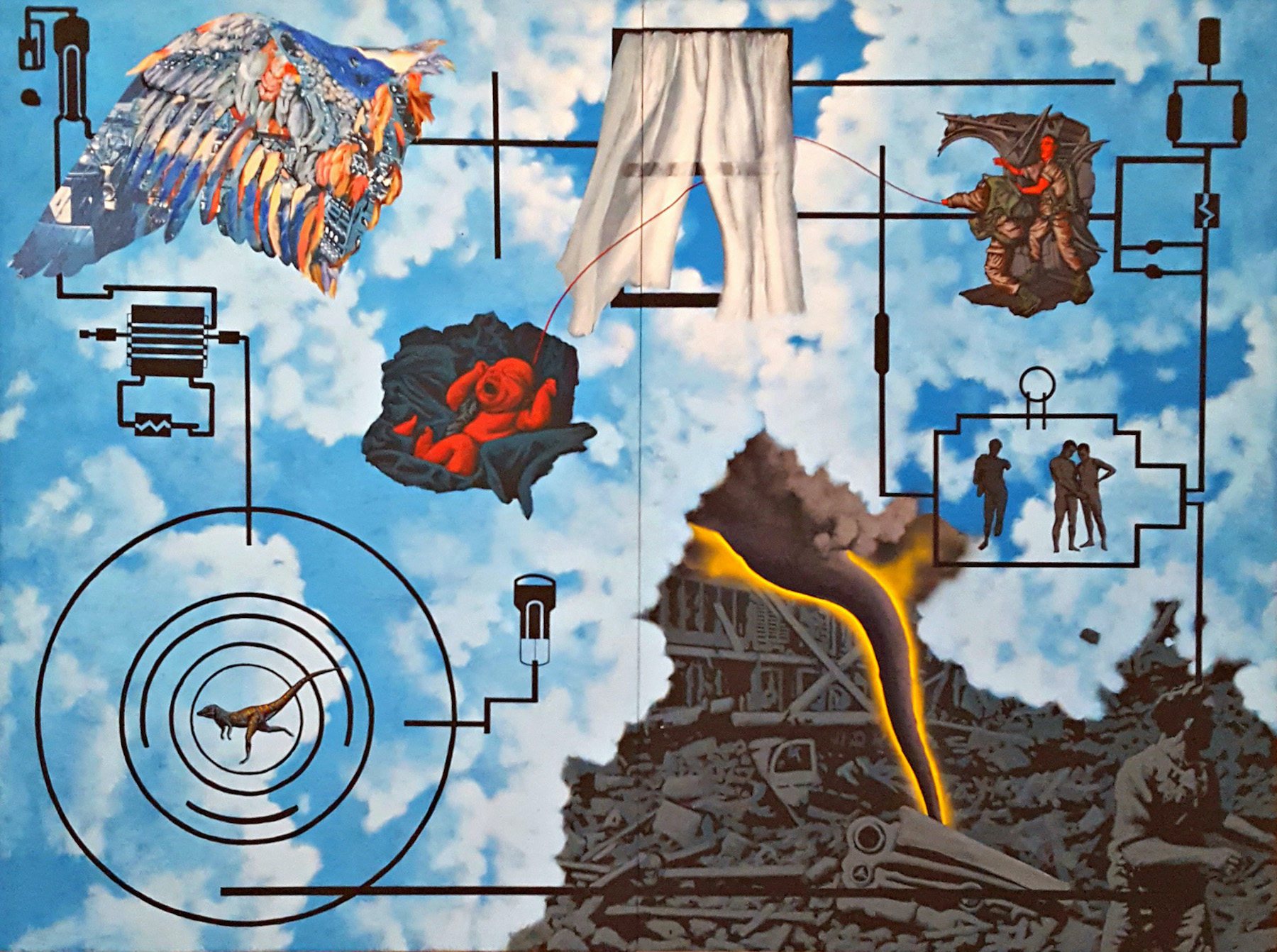The Truth of the Story and its Variations
DOI:
https://doi.org/10.58519/aesthinv.v3i1.11956Keywords:
truth, literatureAbstract
Husserl’s investigations on appearances and variations in the constitution of reality has led to the further examinations in what Arendt calls a ‘story’. Arendt argues that we produce our lives as a ‘story’. At the same time, she argues that nobody can be the author of one’s own life story. This intriguing claim implies that autobiography is an impossible task for an individual and that only others are capable of telling one’s own story. The main reason for this claim is that narration is only possible when the narrator has sufficient distance to the narrated life, and one cannot have a sufficient distance from one’s self. In this article, I will argue the following: if distance is a precondition of seeing and narrating, then variations of appearances and the reality that they constitute through different perspectives become a necessary part of seeing and narrating. This argument will emphasize the importance of the plurality of perspectives. Thus it will lead to the further question of whether it makes sense to make a truth claim in any of these perspectives or whether the variations force us to think every truth claim in relation to fiction.
Downloads
Published
Issue
Section
License

This work is licensed under a Creative Commons Attribution 4.0 International License.
Authors who publish with this journal agree to the following terms:
Authors retain copyright and grant the journal right of first publication with the work simultaneously licensed under a Creative Commons Attribution License that allows others to share the work with an acknowledgement of the work's authorship and initial publication in this journal. Note: up to volume 4 issue 1, an incorrect copyright line appears in the PDFs of the articles.
Authors are able to enter into separate, additional contractual arrangements for the non-exclusive distribution of the journal's published version of the work (e.g., post it to an institutional repository or publish it in a book), with an acknowledgement of its initial publication in this journal.
Authors are permitted and encouraged to post their work online (e.g., in institutional repositories or on their website) prior to and during the submission process, as it can lead to productive exchanges, as well as earlier and greater citation of published work (See The Effect of Open Access).






